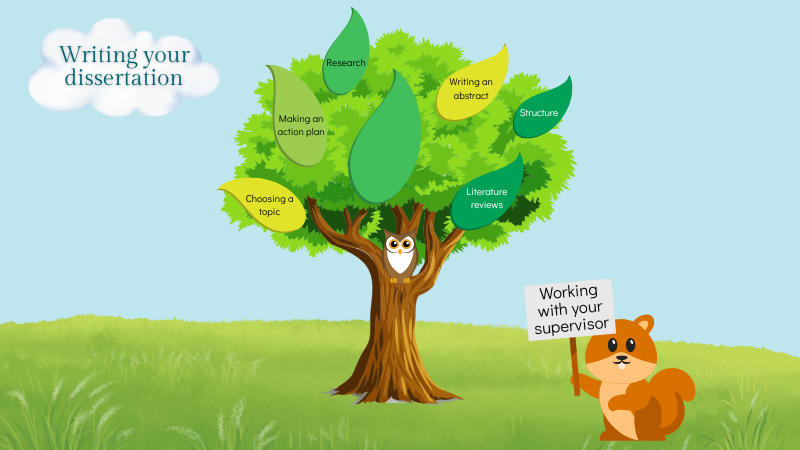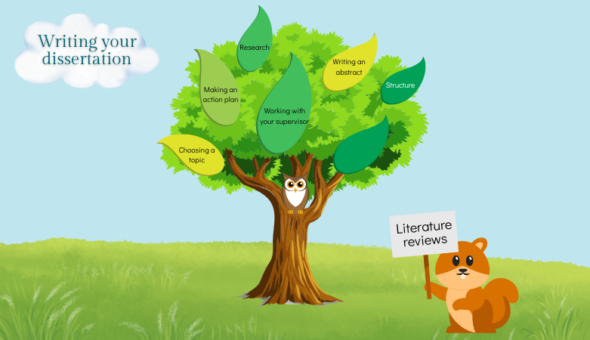Before you begin your dissertation, it's highly likely you'll be assigned a supervisor to oversee your progress from first steps to completion. Your supervisor will help you formulate ideas and give you guidance on how best to develop your research topic and course of action. But you need to always remember that this is your project, and your supervisor will not provide you with content or additional lessons on a particular topic. Their role is to help you find your own pathway to success.
Get organised
University staff are very busy people, and your dissertation is only a small part of the duties and responsibilities they have to carry out. So in order to get the most out of your supervisor and maintain a positive and productive professional relationship with them, you need to get organised.
Here are some important guidelines to follow:
- Agree how you will communicate with your supervisor and a timetable of meetings at the start of your project
- Ensure that each meeting has a focus. For example, “Setting a research problem” or “Analysing the data”, and that you have a clear set of questions to ask with this focus
- Keep your supervisor informed of progress and before each meeting send relevant work to your supervisor. This could include:
- Your research plan
- Early results of your data collection
- Draft chapters
- Arrive on time to each meeting you have arranged. At the end of each supervision meeting agree action points for you to focus on before your next meeting
- Keep a record of what you decide in supervision sessions
If you're not happy with an aspect of your supervision, discuss this with your supervisor. If this is too difficult or awkward, your personal tutor may also be able to offer advice.
Related blog posts
We have a number of blog posts about writing your dissertation. Make sure you check these out so that you're ready to get started:
- Making the most of expert and peer support
- Choosing a topic
- Making an action plan
- Literature reviews
- Research (developing your research question, creating your working title and developing your research proposal)
- Structuring your dissertation (including contents, sections, and designing an effective structure)
- Writing an abstract - a six point checklist
Further support
If you'd like some further support on writing your dissertation, we offer 1:1 tutorials both online and in-person. Tutorials are available throughout the summer, and slots become available 14 days in advance. You can see what's available, and book a tutorial, in MySkills.
Respond


